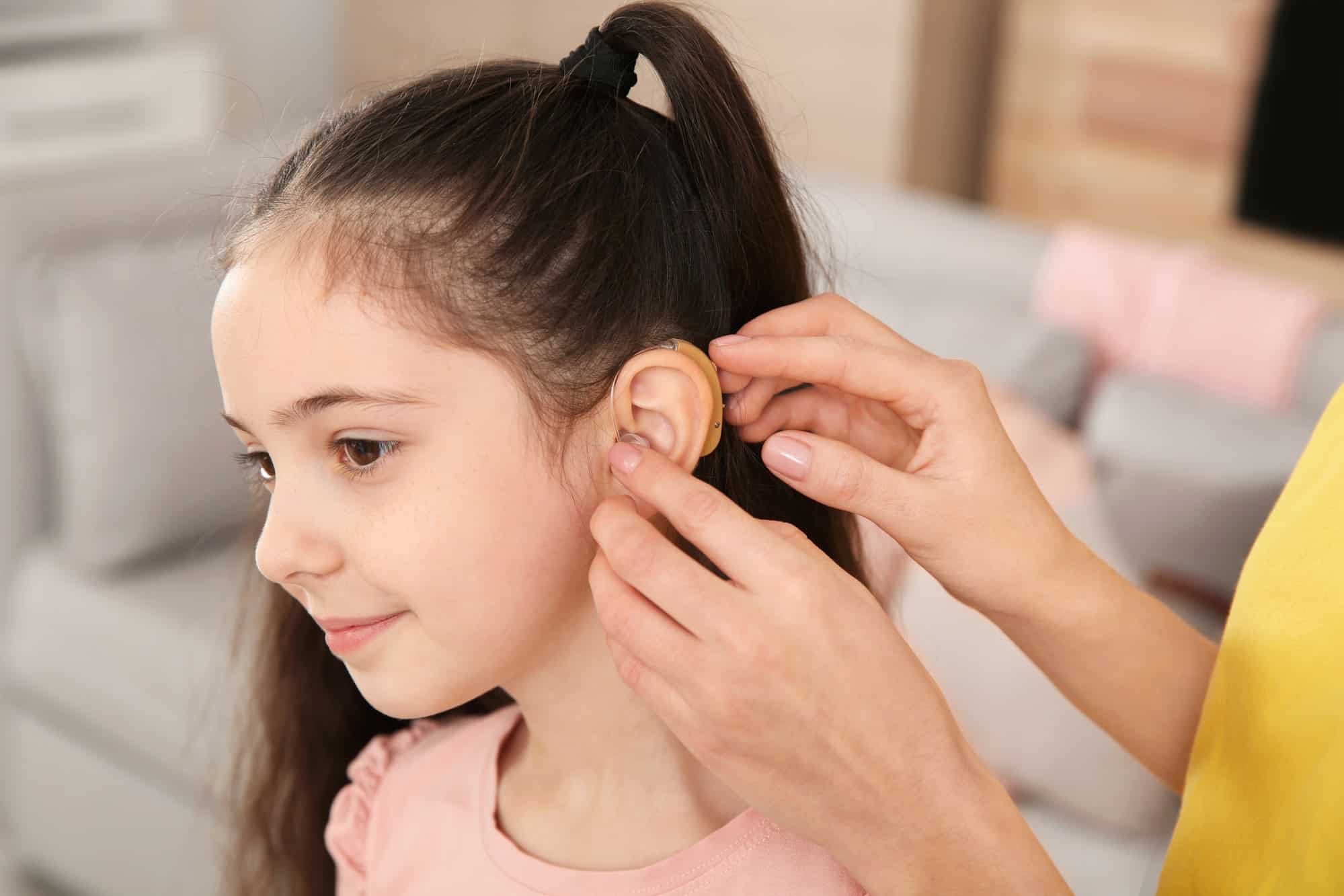Blog
Blog
Hearing Loss In Children: Signs, Diagnosis and Intervention

When hearing loss occurs in children, it can have a profound impact on how they learn language, their social development and overall quality of life. It’s crucial to be aware of the symptoms of hearing loss and to obtain an accurate diagnosis as soon as possible. With timely intervention, your child can achieve their maximum potential.
Signs of hearing loss in children
Parents and caregivers need to be vigilant about recognizing the signs of hearing impairment. Common signs of hearing loss in children include:
- Speech and language delays. Children with hearing loss may not develop speech and language skills at the expected rate. They may have difficulty articulating words, understanding sentences, or following directions.
- Difficulty in school. Hearing-impaired children may struggle academically due to their inability to hear and understand classroom instructions or participate in discussions.
- Frequent ear infections. Recurring ear infections, especially in younger children, can lead to temporary hearing loss. However, chronic ear infections also contribute to long-term hearing problems if left untreated.
- Lack of response. Infants and young children with hearing loss may not respond to sounds or their names being called. They may also fail to react to loud noises.
- Increased volume. If a child consistently listens to the television or music at a high volume, it could indicate hearing difficulties.
- Social and behavioural issues. Hearing loss can lead to social isolation and frustration, causing behavioural issues such as withdrawal, irritability and low self-esteem.
Diagnosis: the importance of hearing tests
It’s important to diagnose hearing loss in children as early as possible. Regular pediatric hearing screenings can identify potential hearing problems early on, which allows for timely interventions that are tailored to the child’s specific needs. Taking this proactive approach is vital for improving a child’s communication skills and overall development.
Intervention
Once a child’s hearing loss is diagnosed, intervention strategies can include:
- Hearing aids. For mild, moderate or severe hearing loss, children’s hearing aids can amplify sounds and improve a child’s ability to hear and communicate effectively.
- Cochlear implants. Children with severe to profound hearing loss may benefit from cochlear implants, which directly stimulate the auditory nerve to provide a sense of sound.
- Medicine and surgery. Some hearing conditions, such as a chronic ear infection or a deformed ear canal, can be treated with medicine and surgery.
- Educational support. Schools may provide preferential seating, hearing-assistive technology and speech therapy to help hearing-impaired children succeed academically.
- Family support. Parents and caregivers can learn techniques to improve communication and create a nurturing environment.
Visit a pediatric audiology clinic in Alberta
At Soundwave Hearing Care, we offer children’s hearing tests and hearing aids at our clinics in Calgary, Lethbridge, Grande Prairie and High River. Contact us today to book an appointment to give your child the best possible start in life.
All the blogs are reviewed and edited by our clinic's lead audiologist, Dr. Anne Wooliams. Dr. Woolliams is an experienced audiologist specialized in pediatric audiology, auditory processing, and tinnitus/sound sensitivity therapy. She is dedicated to providing top-notch hearing care and helping her clients improve their language and communication abilities. Dr. Woolliams' expertise in literature and linguistics, combined with her passion for helping people improve their language and communication, make her an incredibly valuable asset in the field of audiology. Learn more about Dr. Woolliams.
